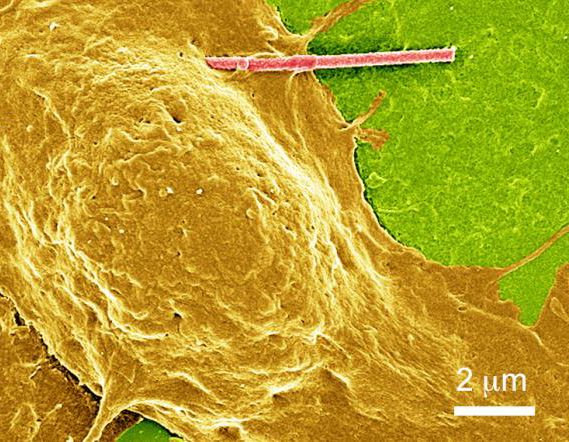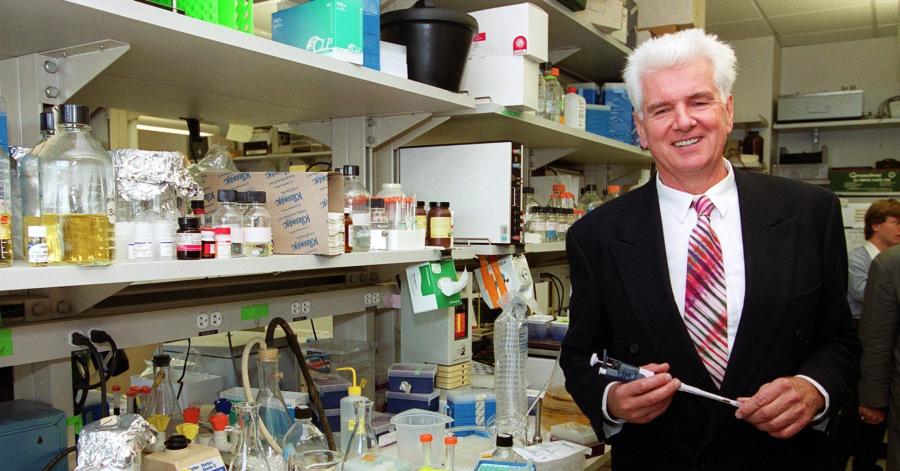Parents have been stocking up on bulletproof backpacks, tracking devices and doorstops… to give children a fighting chance at surviving a gunman’s attack at school,” the N.Y. Post reports:
“BulletBlocker, a company that sells bulletproof backpacks ranging in price from $199 for a girly pink one to $490, has seen sales jump 300 percent since the Florida shooting.”
A $95 metal device called “JustinKase,” which is placed under a door and latches to the door’s jamb to prevent entry, was invented by a 17-year-old Wisconsin high school student, Justin Rivard.
Parents are taking safety from school shooters into their own hands.
Ever since last week’s massacre at Marjory Stoneman Douglas High in Parkland, Fla., caregivers have been stocking up on bulletproof backpacks, tracking devices and doorstops — anything to give children a fighting chance at surviving a gunman’s attack at school.
Lisa Singer, mother to a 6-year-old girl, Dylan, preordered a Jiobit, a GPS tracker designed specifically for kids, after hearing the horrific news of the 17 slaughtered in Florida on Feb. 14.








